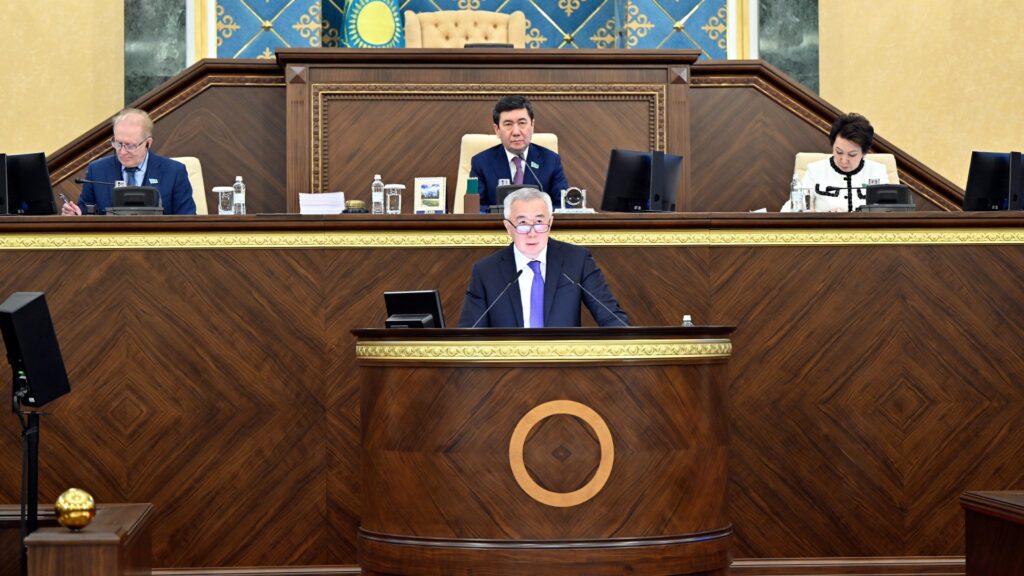Foreign Internet Platforms Paid Nearly $18 million in Taxes in Kazakhstan in January
Foreign digital platforms transferred nearly $18 million to Kazakhstan’s state budget in digital services tax, commonly known as the “Google tax”, in January 2026, according to the press service of the State Revenue Committee under the Ministry of Finance. Kazakhstan has applied the digital services tax since 2022. Over this period, 120 foreign companies have registered as taxpayers in the country, including 22 in 2025. Total revenue from the Google tax since its introduction has reached approximately $277.5 million. Of that amount, $117.5 million was collected in 2025, and more than $17.75 million in January 2026 alone. Under the Tax Code, second-tier banks and payment organizations are required to provide tax authorities with information on foreign companies that have undergone conditional registration. This data is used to assess the completeness and timeliness of VAT payments in e-commerce and the provision of digital services to individuals in Kazakhstan. Based on comparisons of bank data, payment system information, and actual VAT payments, tax authorities conduct desk audits. If arrears or underpayments are identified, notifications outlining the discrepancies are issued. Additional enforcement measures came into force on January 1, 2026. Under Article 89 of the Tax Code, state authorities are now authorized to block the internet resources of foreign marketplaces that fail to comply with desk audit notifications or evade VAT registration requirements. The State Revenue Committee emphasized that these measures are intended to ensure a level playing field for domestic and foreign market participants, improve tax compliance in the digital sector, and reduce the shadow economy without conducting on-site tax inspections. As previously reported by The Times of Central Asia, international companies including Google, Apple, Netflix, and Amazon have already registered in Kazakhstan under the Google tax regime. In May 2025, the U.S. company OpenAI also completed tax registration in the country.





